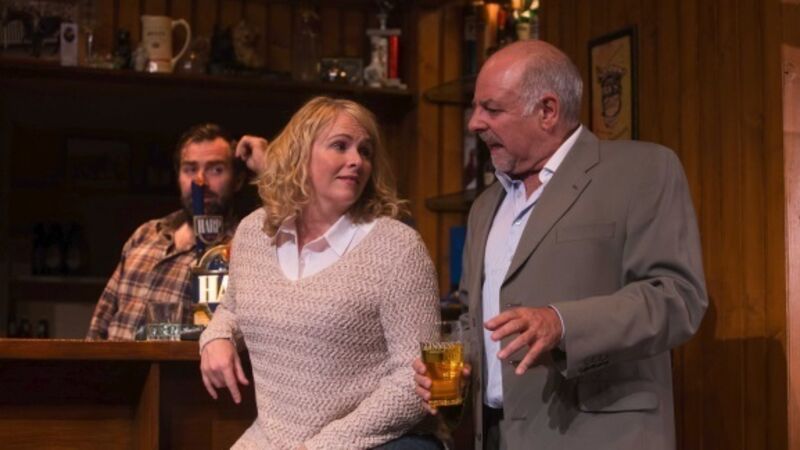Playwright Conor McPherson on why The Weir is still special after 20 years

ALMOST two decades have passed since Conor McPherson’s play The Weir premiered in London, picking up a slew of awards and projecting the Dublin playwright into the international limelight. In the years since, McPherson has carved out a hugely distinguished career, producing further gems (Port Authority, The Seafarer) for the stage, and enjoying success in film and television, too. Yet there remains something special about The Weir.
Set in a small Leitrim pub in which the five people gathered within recount a range of ghost stories, it is the McPherson play par excellence — a tidy little masterpiece that perfectly distils the writer’s obsession both with the supernatural and with the spiritual elements of our daily existence while showcasing, too, his gift for creating characters drenched in a complex humanity. A revival of the play, produced by splendid Irish company Decadent, is currently touring the country.











